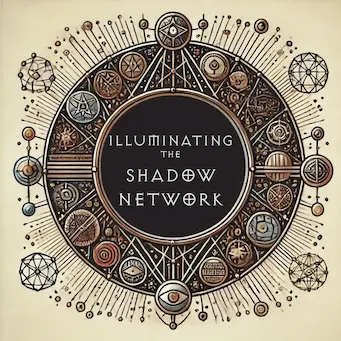Paul J. Larkin
Role: Contributor
Position: John, Barbara, and Victoria Rumpel Senior Legal Research Fellow at the Edwin Meese III Center for Legal and Judicial Studies
Background:
Paul J. Larkin Jr. is the John, Barbara, and Victoria Rumpel Senior Legal Research Fellow at the Edwin Meese III Center for Legal and Judicial Studies, part of The Heritage Foundation. He focuses on criminal justice, drug policy, and regulatory policy. Larkin joined Heritage in 2011 after a distinguished career in federal government service. His roles included serving as an Assistant to the Solicitor General at the U.S. Department of Justice, where he argued 27 cases before the U.S. Supreme Court. He also worked in the Criminal Division’s Organized Crime and Racketeering Section and served as Counsel to the Senate Judiciary Committee, among other significant roles. Larkin holds a JD from Stanford Law School, where he was a published member of the Stanford Law Review, and a master’s degree in Public Policy from George Washington University.
Relation to Trump:
Larkin’s work on criminal justice reform aligns with some of the Trump administration’s efforts to address overcriminalization and advocate for clemency reforms. His suggestions, such as moving the clemency process from the Department of Justice to the White House to avoid conflicts of interest, echo the broader conservative calls for criminal justice reform during Trump’s presidency.
Scandals or Controversies:
Paul J. Larkin has not been involved in any major personal scandals. His professional work, however, has sparked debate, particularly his views on overcriminalization and criminal justice reform, which challenge established practices and propose significant changes to the current system.
Potential Concerns:
Larkin’s advocacy on criminal justice reform, particularly his emphasis on the dangers of overcriminalization, has been a point of contention. His position, which argues that the criminal justice system has become excessively punitive, often punishing individuals for actions they may not reasonably know are crimes due to the complexity and volume of criminal statutes, faces criticism from those who believe it may undermine efforts to maintain law and order.


